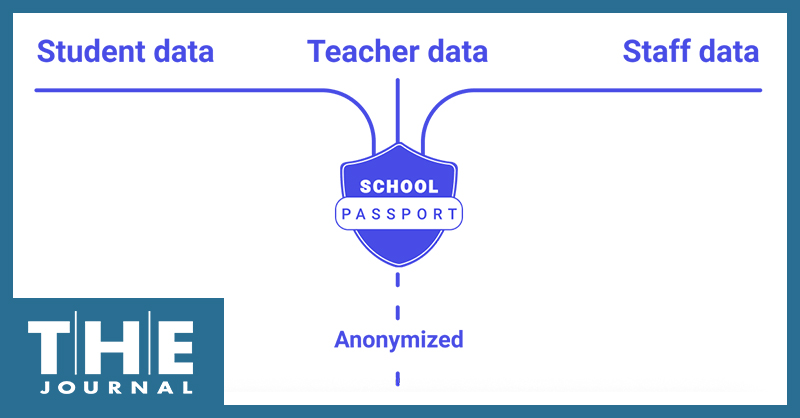
Global Grid for Learning has unveiled its newest school data exchange solution designed to give schools better data analytics and control over data privacy while eliminating the need for vendors using the standards to access and share students’ protected private information, by using patented anonymization and API technology.
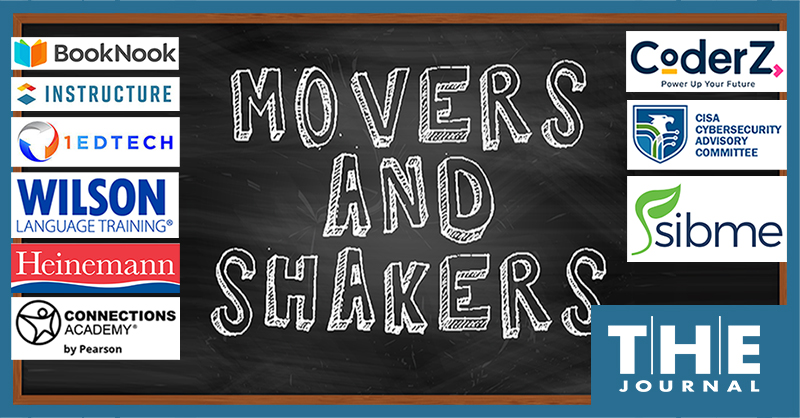
Education organizations announcing leadership changes include BookNook, Wilson Language Training, United States Academic Esports League, Connections Academy aka Pearson Virtual Schools, Carnegie Learning, Sibme, 1EdTech, CISA Cybersecurity Advisory Committee, Heinemann Publishing, and CoderZ.
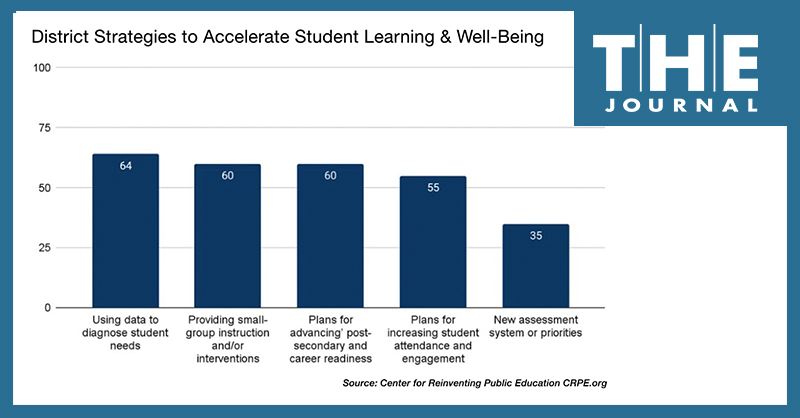
The pace of K-12 school districts' spending of ESSER Funds has picked up significantly this school year, and education leaders and researchers have shared tips and guides to help district leaders efficiently evaluate — or re-evaluate — their options when making procurement decisions, to ensure students benefit and stakeholders don't come to see spending decisions as failures.
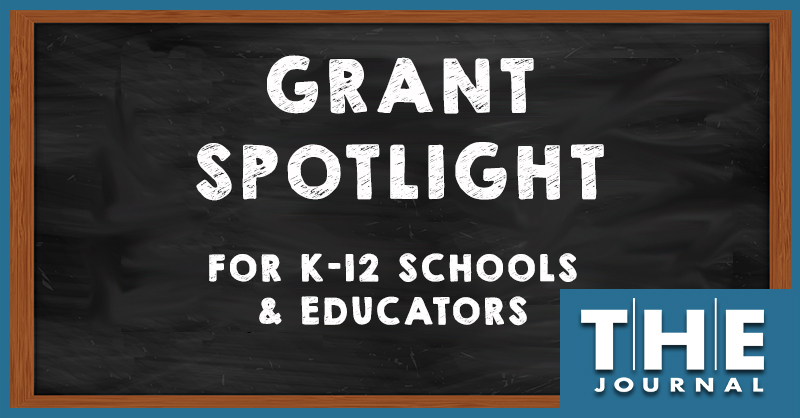
Applications are now being accepted for the U.S. Department of Education’s Magnet Schools Assistance Program, which provides funding to eligible local education agencies to establish and operate magnet schools, with special curricula, to attract a diverse group of students and desegregate public schools.
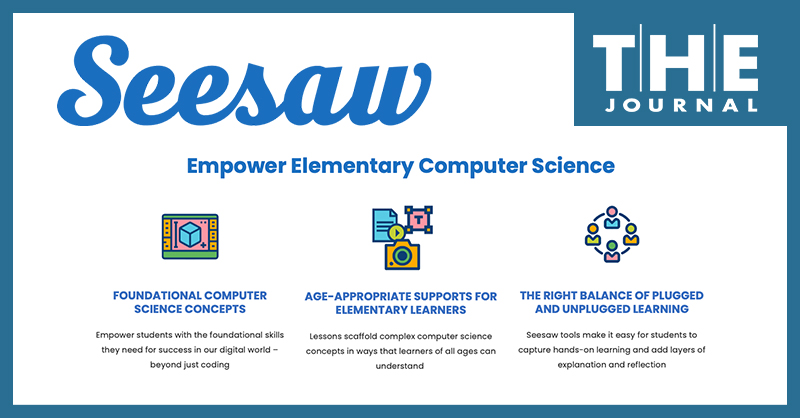
Digital learning platform Seesaw has launched standards-aligned elementary computer science curriculum for grades K–5, offering interactive tools for students including audio, photos, video, text, and drawings in lessons that cover a wide range of disciplines and subjects, the company said.
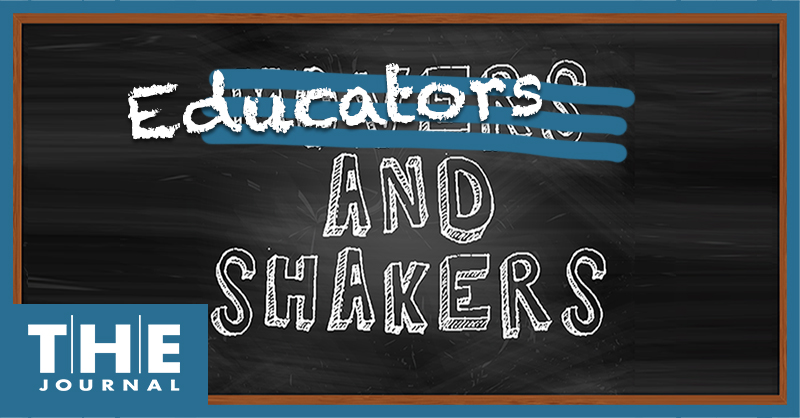
Several dozen educators were honored in recent weeks with awards from the National Science Teaching Association, the Council of Great City Schools, Curriculum Associates Inspire Award, Scholastic Teacher Fellow Cohort, and the National Alliance of Black School Educators.
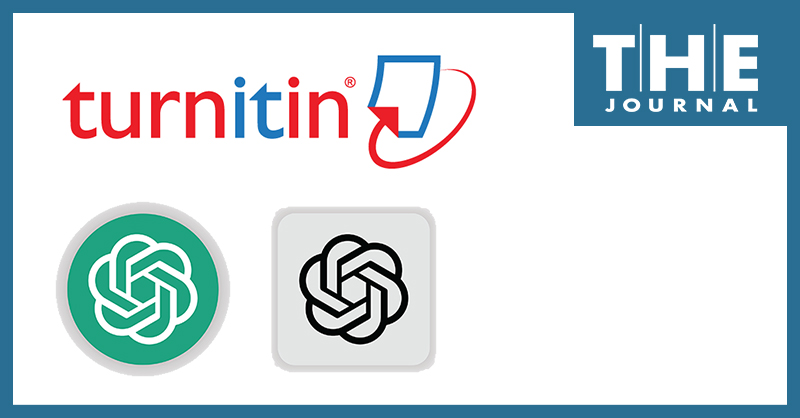
Starting today, plagiarism detection software Turnitin includes new live AI-writing detection features that “identify the use of AI writing tools including ChatGPT, with 98% confidence,” the company said.
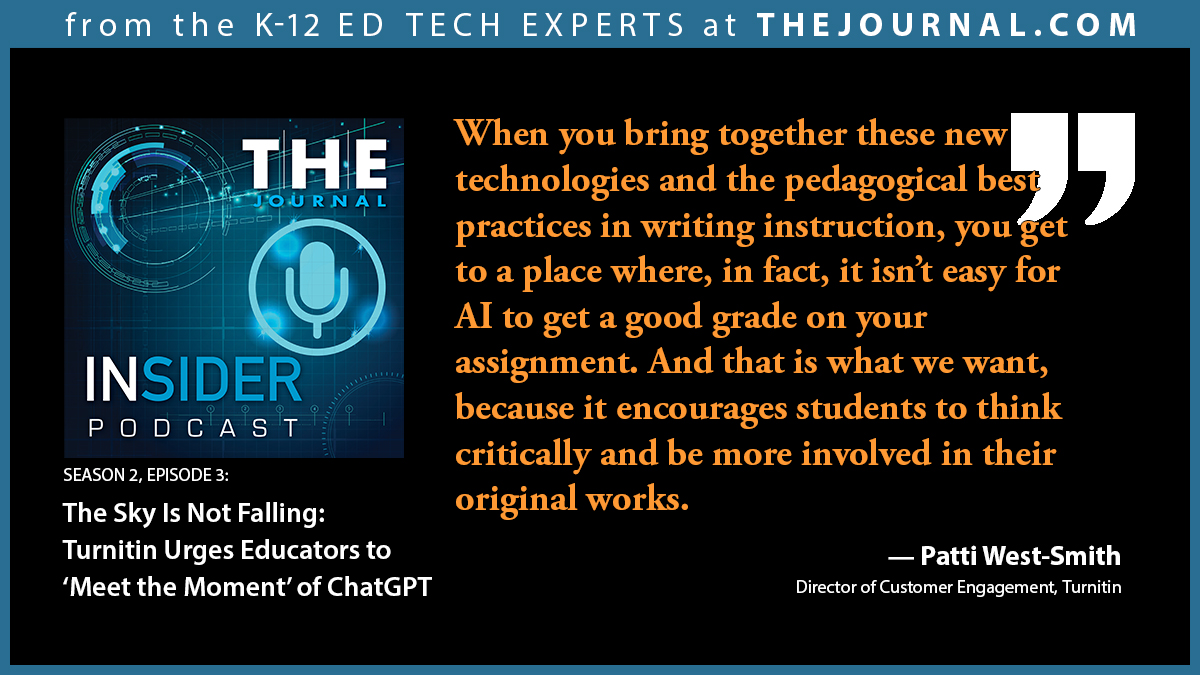
Two former classroom teachers who have been working on Turnitin’s AI writing detection tool and related features to help educators better understand ChatGPT — and show them teachers how to use AI to save themselves time and how to tweak assignments so that ChatGPT cannot earn a good grade on writing homework — both believe that ChatGPT has presented a growth opportunity — or perhaps more of a growth demand — for writing instruction, which they explained in the March episode of THE Journal Insider podcast.

Two former classroom teachers who have been working on Turnitin’s AI writing detection tool and related features to help educators better understand ChatGPT — and show them teachers how to use AI to save themselves time and how to tweak assignments so that ChatGPT cannot earn a good grade on writing homework — both believe that ChatGPT has presented a growth opportunity — or perhaps more of a growth demand — for writing instruction, which they explained in a podcast interview with THE Journal recently.
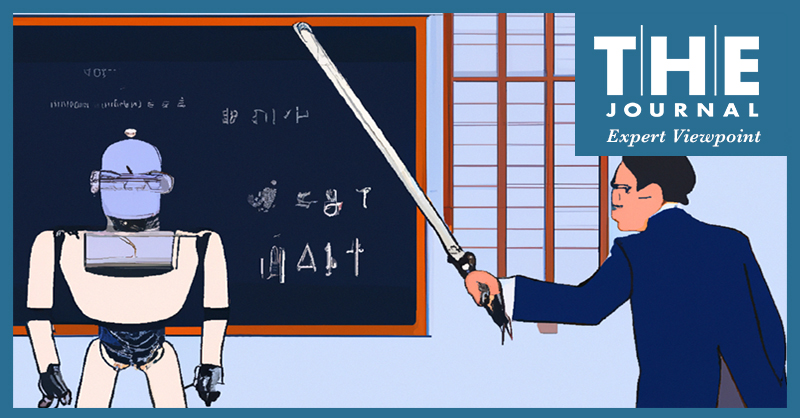
A technology educator shares how her nonprofit is using ChatGPT to help students participating in Technovation programs go further in their brainstorming and ideation as they aim to develop AI-based solutions to real-world problems. Here’s a concrete example from our program: Students in one group were interested in developing technology-based solutions to food wastage and conservation, encouraging more students to read, exercise, and be more inclusive.